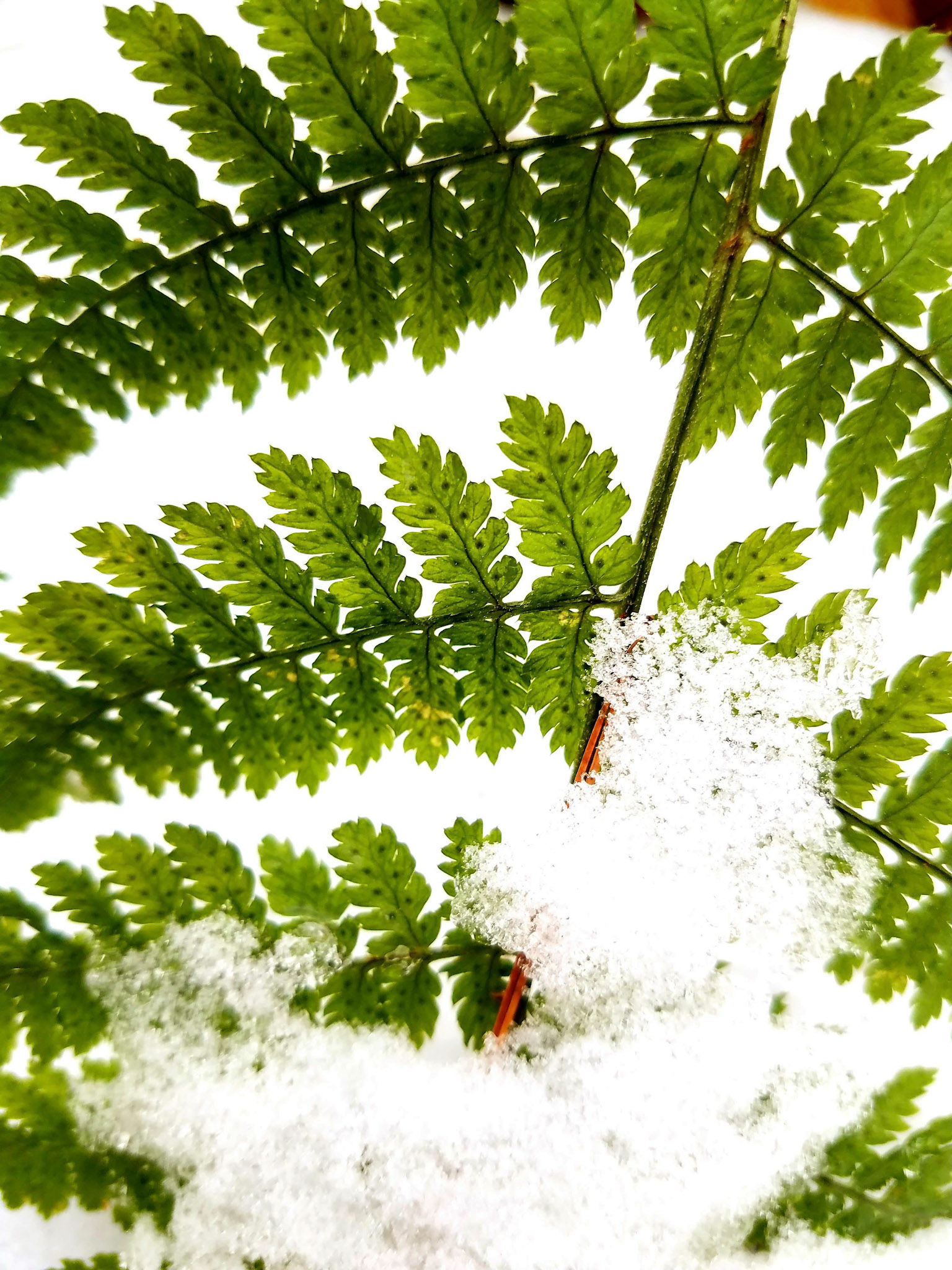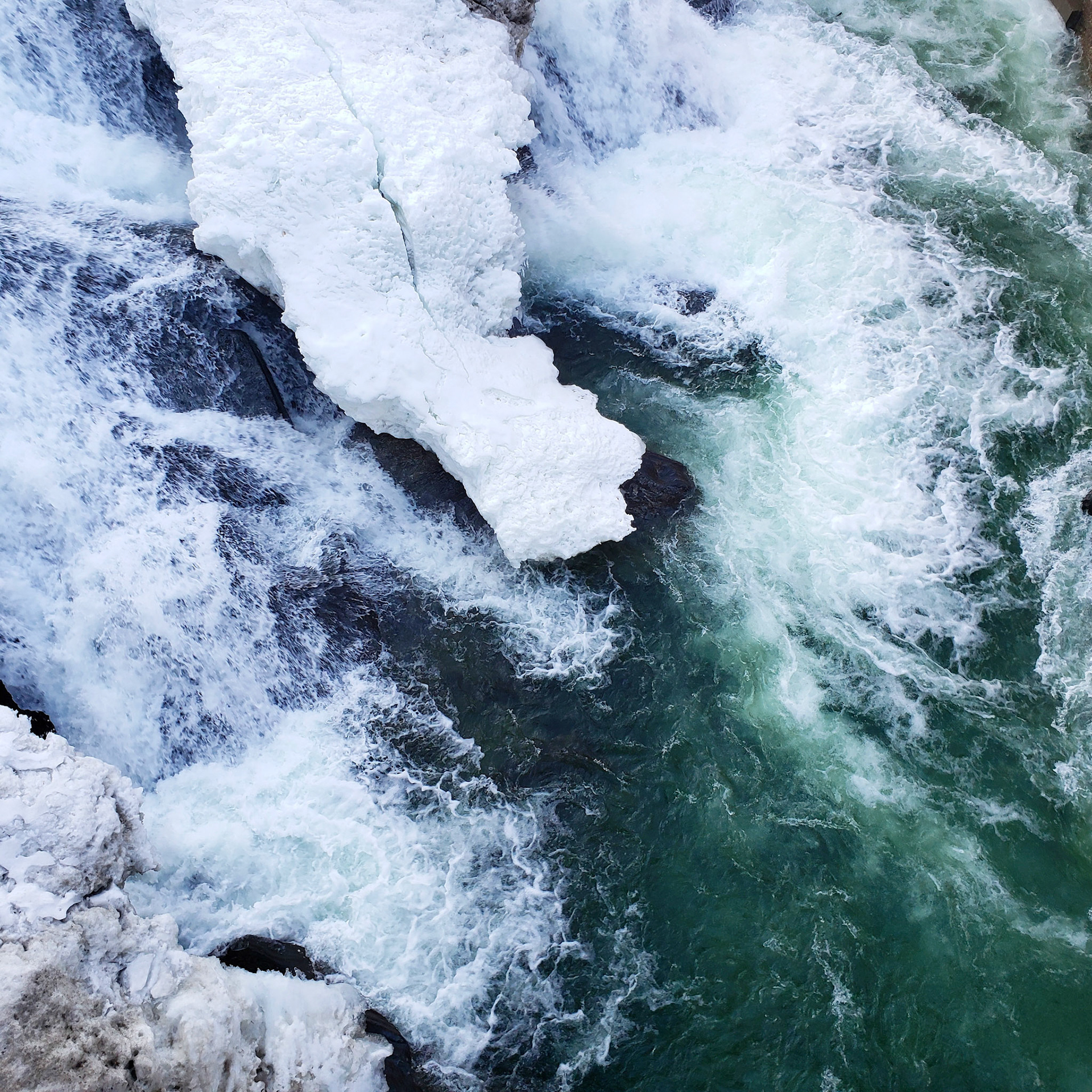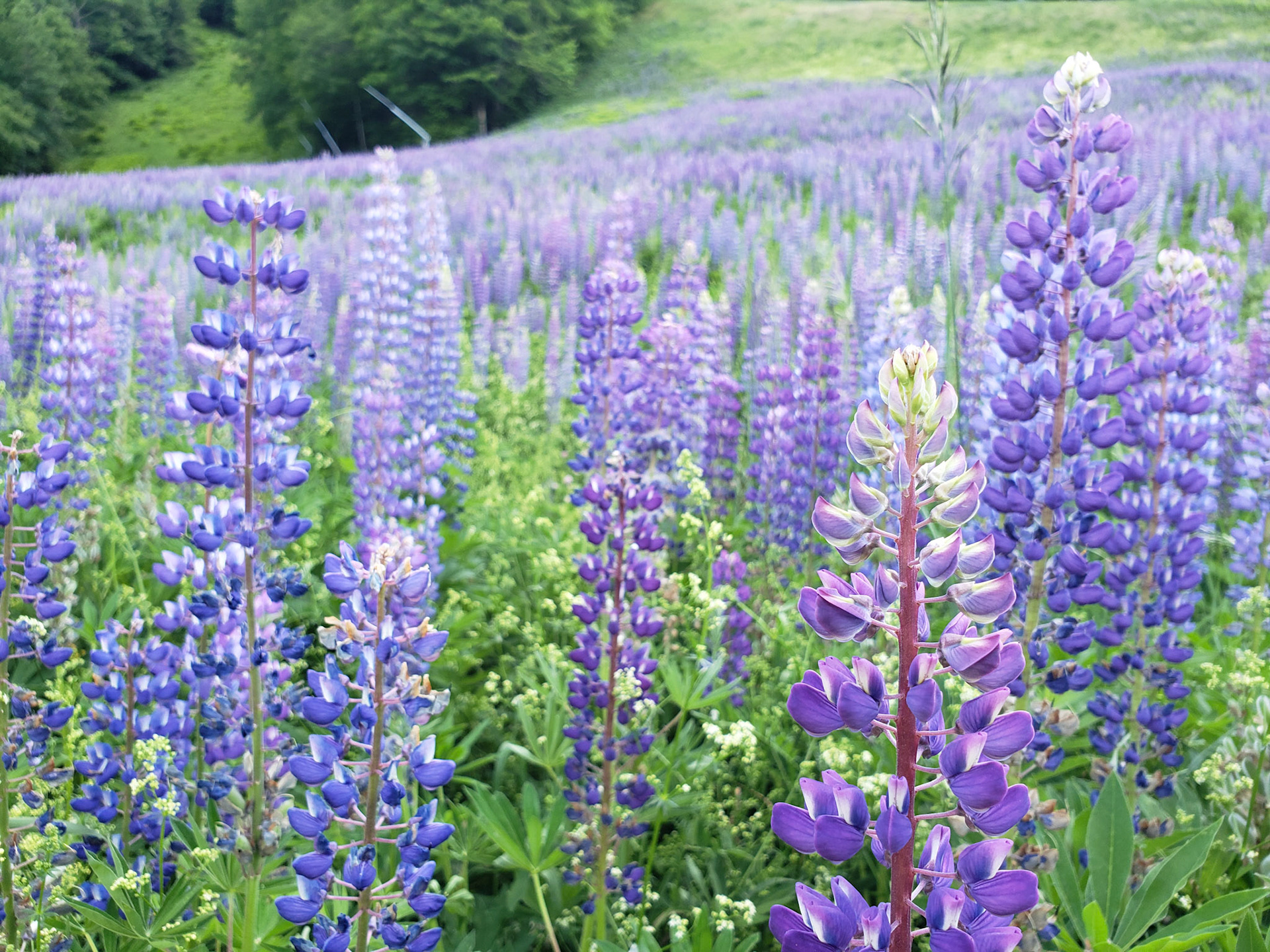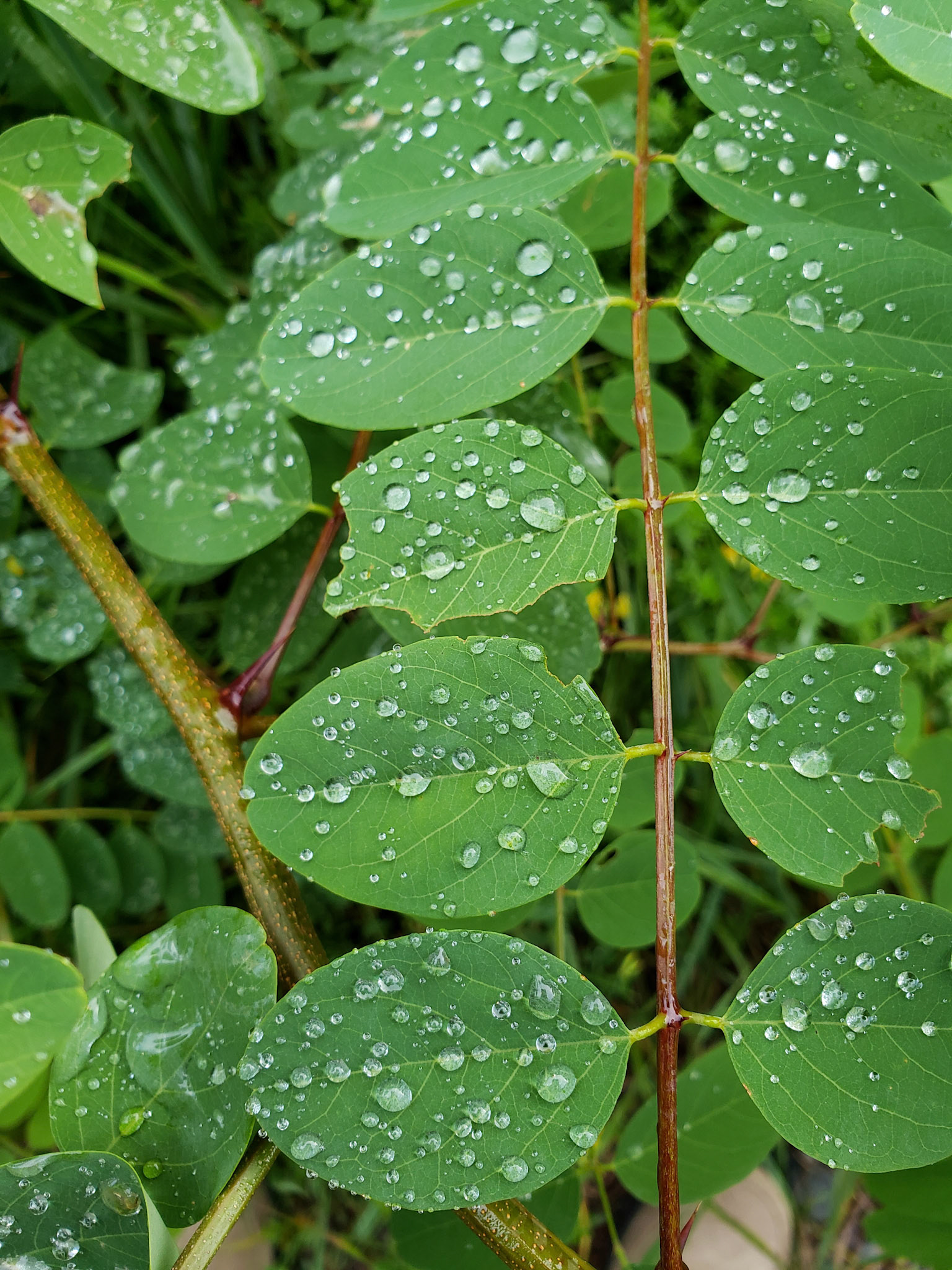By Kathryn Whalen
On Sunday, January 26th, I stood in my driveway and breathed in the sharp air that, at 7:30a.m., was still cold enough to feel like winter. As a Dartmouth alum and someone incapable of turning down an opportunity for an early-morning road-trip, I was headed to Keene and Peterborough, New Hampshire, to interview applicants to Dartmouth’s class of 2024. Three days prior, China had imposed severe lockdown on Wuhan, and it would be only four days until the World Health Organization declared a global health emergency; still, in West Hartford, Vermont, the only thing that felt unusual was the predicted high for the day: 45°F. By noon it would feel like April, and I would marvel at the melting snow and how I wasn’t freezing to death in just a cardigan as I scrambled down the icy bank of Dublin Pond after my first interview. Despite my love of winter’s sharp air and slanting sunrises, the warmth and the newness of my surroundings that day sparked in me a sense of hopefulness I’d been missing.

Photo by Kathryn Whalen

Photo by Kathryn Whalen
As a 24-year-old straggler nearing the (almost!) finish-line of my current research, I tried to prepare myself for a lot of changes in 2020. The last of my college friends were set to earn their masters degrees and leave Hanover; invitations to the weddings and baby showers of high-school classmates cluttered my fridge. “Global pandemic” wasn’t yet on my radar, nor were the countless financial, medical, and social fractures it has since exposed. The obvious economic and social consequences aside, the looming sense of crisis and the suspension of “normal” life has also exacerbated my anxiety and depression, as it has for so many others. People are seeking solace in new ways. Here in the Upper Valley, hordes of people from across New England have flocked to the mountains, often with dubious preparation. The wilderness has reentered our collective social consciousness in a way that I’ve never experienced.
As a child of an unhappy home, whose teenage dreams centered around throwing a dart at a map and moving wherever it landed, the endless forest roads and mountain trails of the White Mountains mean a little more than they might otherwise. I tripped into a Dartmouth education, yet, six years after coming to New Hampshire, my most cherished experiences center on the wilderness of this beautiful place: sunlight scattering on the teal water of the Pemigewasset river in Franconia, dangling my feet off Table Rock in Dixville Notch, watching the wind rustle silently through the grass at the top of King Ravine, Route 2 barely visible four miles below. When lockdown started, I wanted nothing more than to get in my car and give in to the constant pull to drive North, as I have always done when depression/anxiety rears its head unusually high. I stayed home, and it was a struggle. My work is difficult to perform remotely, I’m in a higher-risk category, and I really missed my grandma six states away. I completely lost any semblance of a schedule, and, whenever I did manage to get back on track, Murphy’s Law intervened (I’m looking at you, wasp infestation) to make sure I always felt like I was hanging on by a thread.

Photo by Kathryn Whalen

Photo by Kathryn Whalen

Photo by Kathryn Whalen
Five months later, I’ve learned to find adventure (and regain my schedule and sanity) exploring the “ordinary” trails around me, seeking wild places a little closer to home. I thought I’d driven every road and trudged up every hill within a 50-mile radius, yet each week brings me to at least one new trail right down the street. I live within five miles of Hurricane Hill, yet never knew of its existence until May; now, three months later, I’ve probably run a few marathons alongside its fern-blanketed streams. I’ve wandered along the Ottauquechee river across from the North Hartland reservoir, climbed under Martin’s Mill covered bridge, seen a purple sea of lupines at the Dartmouth skiway, watched snapping turtles emerge from Blow-Me-Down Brook, listened to the cicadas call from old King’s Highway in both Vermont and New Hampshire. I’ve gotten lost for hours reading the names of those buried in the old city cemetery in Strafford (how did they all live into their 80s in the 1800s?!), and I’ve fought off blackflies ten feet from the birthplace of Joseph Smith. I’ve also come back to an art project — an instagram account called “From Above” that is solely for birds-eye views of plants, rivers, rocks, bugs, you name it — and that’s been with me, too, helping me pay more attention to my local wilderness.
What started as a desperate need to just get outside has brought me even greater love for where I live, for the small, often overlooked details of this place I call home. I think of the German word fernweh, far-longing, and how the Upper Valley has given me the newness of far-off places even six years into my residence here. In ten days, some of the high school students I interviewed in January will be arriving in Hanover, starting college and experiencing the disruption and novelty of that great life change in the middle of a pandemic. Despite lingering uncertainty and fear, I can’t suppress my excitement that they might grow to love this remarkable corner of the world like I do. All any of us can do is keep going, certain, at least, in the ordinary hopefulness ever-present in this backyard wilderness we share.
September, 2020
Kathryn R. C. Whalen is currently assisting with art history research in Hanover, NH, as well as helping to train remote teaching assistants for The Graide Network. She enjoys hiking, painting, learning new languages, and exploring new trails and backroads.
